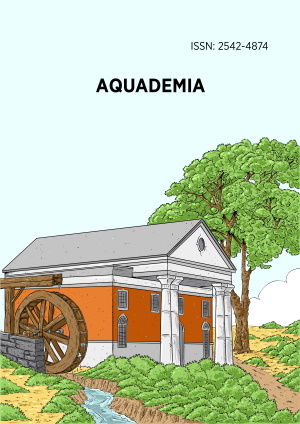Abstract
Chemical analysis is one of the important areas in learning chemistry as it inculcates in students the spirit of deductive reasoning enabling them to apply theoretical knowledge acquired in practical problems. Organic qualitative analysis (OQA) offers students the opportunity for identification of unknown organic chemicals in substances including toxic substances. Students’ alternative conceptions in OQA have been reported in the literature with the nature of the alternative conceptions yet to be investigated. Thus, this study investigated the nature of students’ alternative conceptions in OQA using a four-tier diagnostic test instrument. With the use of a cross-sectional survey design, 345 senior high chemistry students were randomly selected to participate in the study. The quantitative data collected were analyzed using descriptive statistics. The findings of the study revealed the nature of students’ alternative conceptions in OQA as significant and genuine. The study, therefore, recommended to chemistry teachers and educators to help not only diagnose students’ alternative conceptions but also explore the nature of their alternative conceptions as this helps in selecting more effective instructional teaching strategies that cause conceptual changes in students to help improve their conceptualization of abstract chemistry concepts.
License
This is an open access article distributed under the Creative Commons Attribution License which permits unrestricted use, distribution, and reproduction in any medium, provided the original work is properly cited.
Article Type: Research Article
AQUADEMIA, Volume 7, Issue 2, 2023, Article No: ep23007
https://doi.org/10.29333/aquademia/13711
Publication date: 24 Sep 2023
Article Views: 2129
Article Downloads: 1505
Open Access References How to cite this article
 Full Text (PDF)
Full Text (PDF)